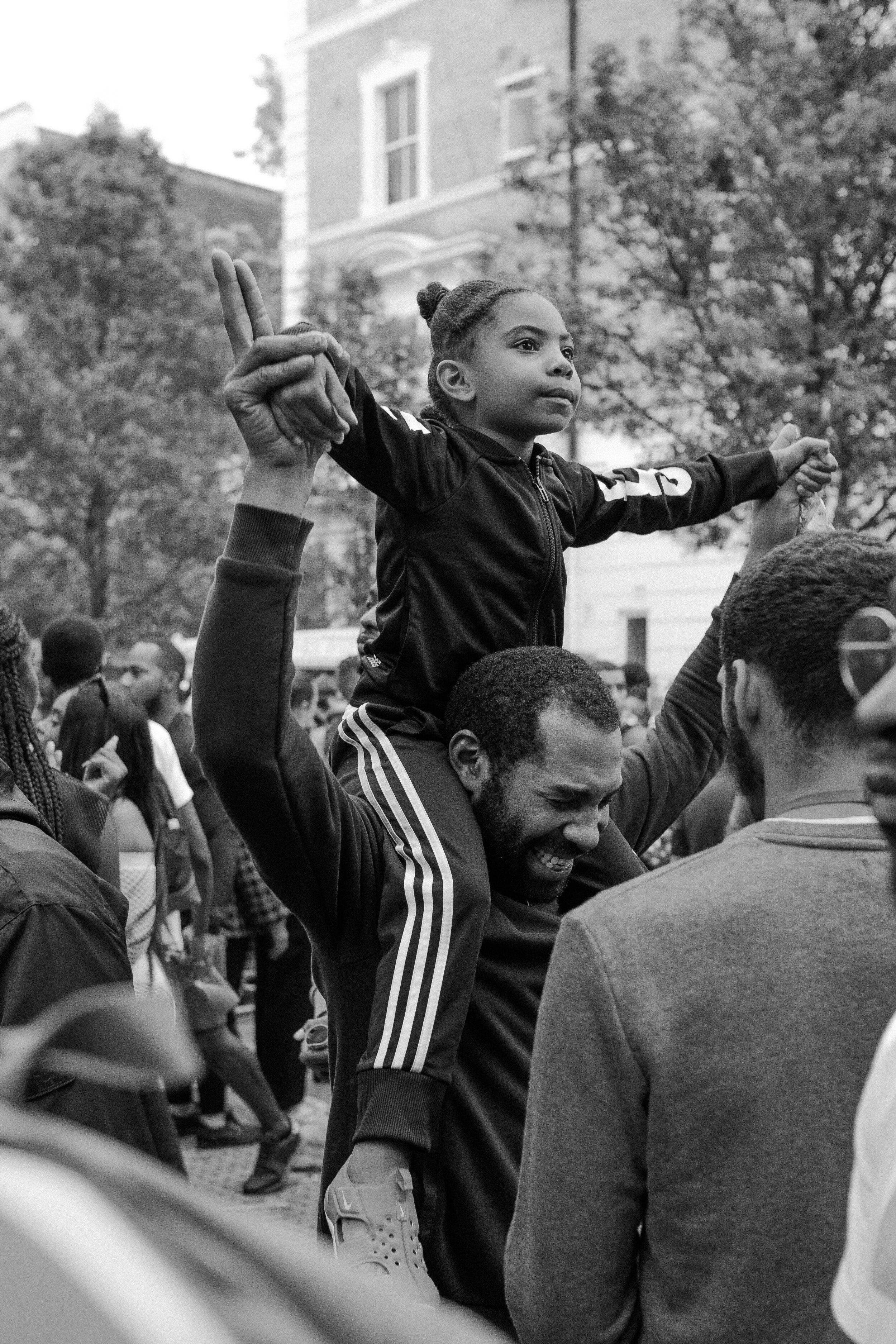Racism is Personal
Written by Dr. Janet Collins, BSc, LLB, PhD, President of the Congress of Black Women of Canada, London Chapter
It is impossible to write about Racial Equality without writing about Racial Inequality, about Racism. I must say at the outset that for me this subject is not personal, but it is personal. Without being pedantic, I think that it may be useful to enter this topic by considering commonly understood definitions of concepts of race and racism. A quick reference to Webster’s Third International Dictionary, (the one on my shelf), informs me that the concept of racism as commonly understood, is “an assumption that psycho-cultural traits and capacities are determined by biological race and that races differ decisively from one another”, a view that is usually coupled with a belief in the inherent superiority of a particular race and its right to domination over others.
While scholars may dispute the biological basis of such assumptions, commonly observed behaviour suggests that these views are widely held within the general population. The idea leads to the development of actions and political systems and programs that result in unequal treatment of individuals and groups identified by race, however defined.
As a Canadian of Caribbean origin, my experience of racial inequality began in my student years, with the knowledge that my forebears and generations of my fellow citizens had been excluded from employment opportunities, or opportunities for advancement in employment, based on skin colour and shad-ism in all its manifestations. I also learned that prior to my migration to Canada, entry to this country by people from the Caribbean was severely limited, and the route of entry lay through domestic service, mostly for women with qualifications such as teaching and nursing.
But I also learned of the successful struggles by leaders in education, religion and a free press to overcome these barriers for young, educated Black people. By the time the colonial era ended in my country of origin, graduates of high school and university programs could expect not to be judged by skin colour but on merit in seeking educational and employment opportunities. Armed with a university degree, I was able to pursue post-graduate education without regard to assumed or perceived biological differences. Unless my university was pursuing its own diversity goals unbeknownst to me.
So, as I said at the outset, for me, inequality of opportunity based on skin colour has not been personal. I am unaware of having been excluded from social or economic circles due to my skin colour, but my perception is that I have not. This may be a delusion, but one with which I am personally comfortable. My own perceived good fortune has not blinded me to the different experiences of other pigmented individuals though.
On the other hand, I have had the insulting experience of being stopped while on my honeymoon in Cape Breton, Nova Scotia, by an RCMP officer who demanded to know why we were driving around. Was it because we were a mixed couple? Was it because he knew every vehicle in his area of responsibility but he did not recognize ours? I do not know. What I do know is that his action was arbitrary, and I am inclined to think that skin colour was a factor. Here in London, I have been asked to leave a restaurant along with my husband and another similarly mixed couple when we asked that guests at an adjacent table not be allowed to smoke during our meal. It happens that the proprietor and the offending guests were unpigmented. I chose to experience this incident from a public health perspective, much as is now happening to others in the context of mask wearing.
I have heard from friends whose experiences of receiving insulting behaviour arising from their pigmented appearance evoke empathy. Nurses, lawyers, physicians have similar stories – patients or clients who ask for a “real” doctor or qualified nurse, or who refuse to be touched by helpers whose skin colour is seen as a disqualification. Why do these things happen?
Isabel Wilkerson, in her recently published, insightful and illuminating book, Caste, The Origins of our Discontents uses an effective metaphor. She refers to our physical appearance as a container of some kind, with a label that indicates its contents and where it should be placed on the shelf. But, to quote Wilkerson, “in a caste system, the label is frequently out of sync with the contents, mistakenly put on the wrong shelf”. Our current social stratification based on pigment originates with the European, primarily British settlement of North America. As noted by Wilkerson, we can understand these attitudes as being based on Caste, that is socially distinct classes, distinguished by inherited, exclusive privilege.
Recently, in London, a reported ten thousand people of mixed hues turned out to protest the killing of George Floyd, a Black man in America. It was reported that a woman told one of the organizers that despite the display of unity, “I am still afraid of you”.
Afraid? Why? Of what?
It is important that we come to understand the answers to these questions and how we might address them with empathy. It is imperative that we peel back the layers of systemic racism and expose the lies on which it is founded. Acknowledgement of our common humanity on both sides of the divide is a prerequisite to expression of compassion, and our ability to work together altruistically to achieve that unity of purpose that is truly liberating.

